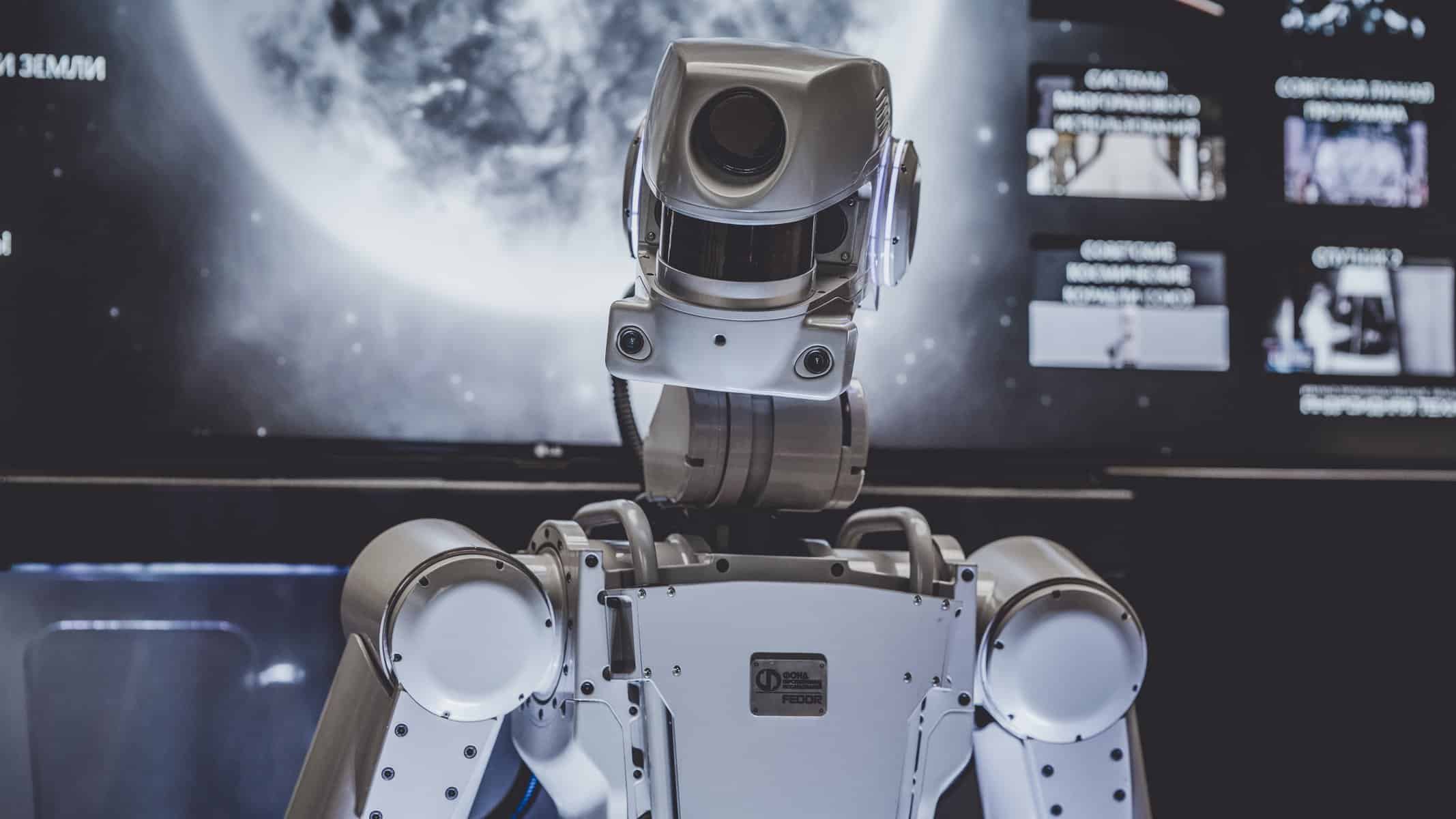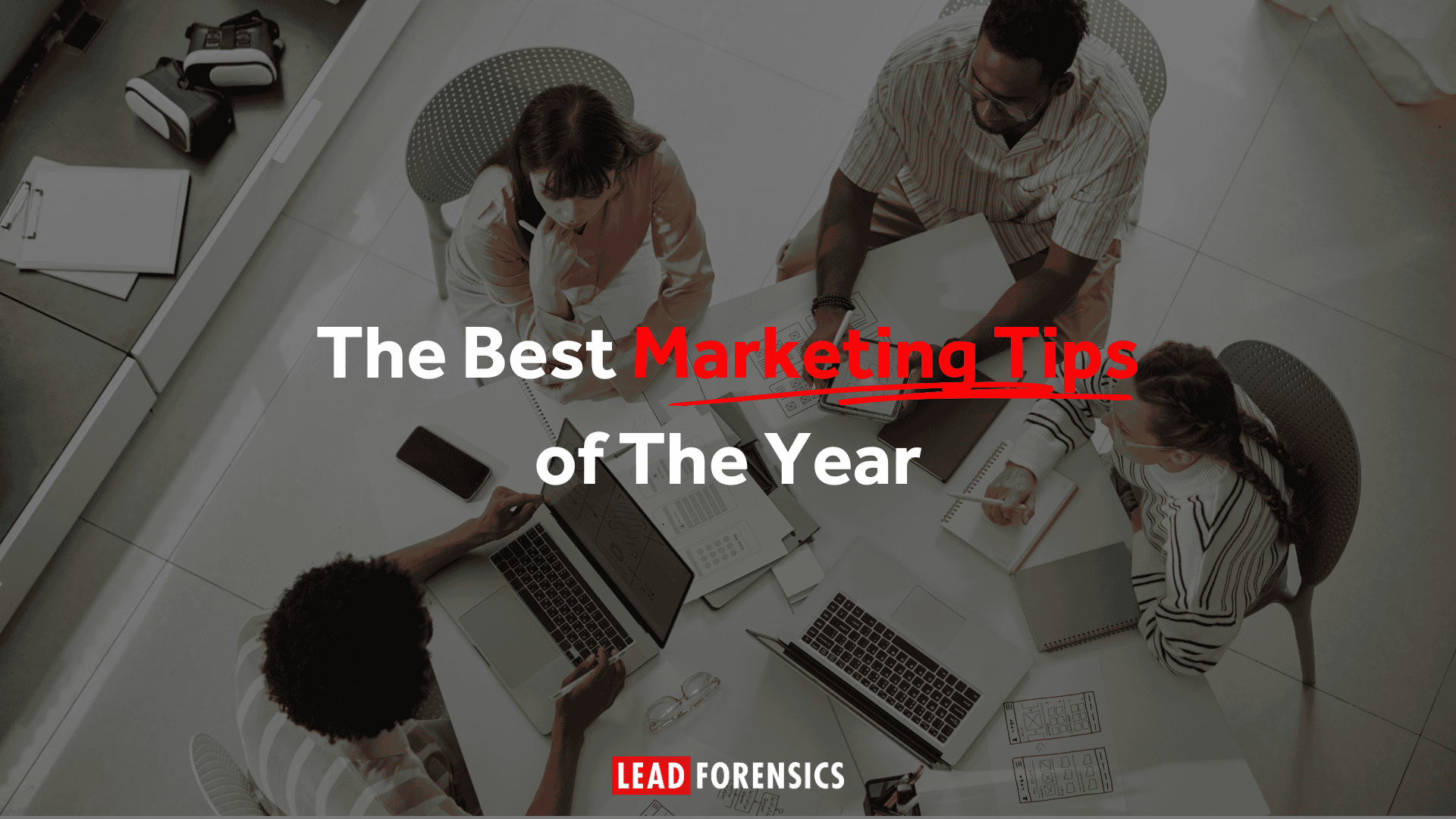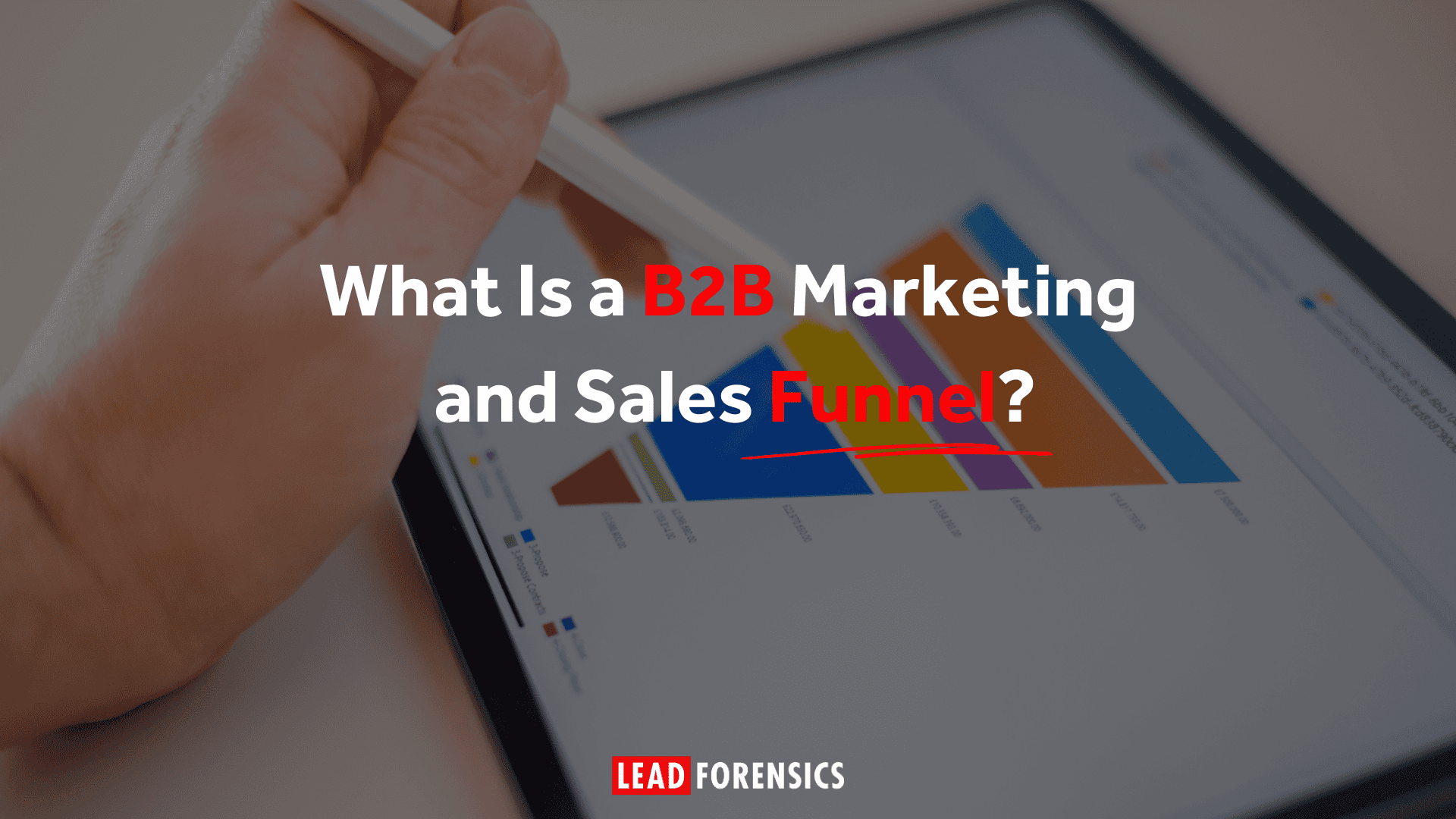Learn more about AI-powered marketing – watch our webinar with Clark Boyd.
Clark shapes the courses of leading business schools such as Cambridge University, Columbia University, and Imperial College, and his ‘hi, tech.’ newsletter is required reading for senior business leaders in the most innovative companies worldwide.
What is AI-powered marketing?
AI-powered marketing is the use of Artificial Intelligence technology to enhance and automate marketing strategies. AI can be used to analyze large data sets, detect patterns and insights, and provide personalized content and messaging to customers.
“AI-powered marketing enables a completely different relationship between marketers and customers through data. It’s using artificial intelligence to make decisions on behalf of a brand, to gather data from customers and to cluster them together and figure out things about them. What are the behaviors they show? What are the messages that they might be interested in all happening automatically in the background so that we as marketers (in theory at least) should have less of that hands-on work to do with the data.”
– Clark Boyd, author of the ‘hi, tech’ newsletter.
What is generative AI and how is it changing marketing?
Generative AI is a type of artificial intelligence that can produce original content such as images, text, or music without human input. This technology has significant implications for marketing, as it allows businesses to create personalized and engaging content at scale.
“What we’re now getting to with generative AI is AI that can create new content, that can essentially nurture customer relationships over time. As we’ve seen with chat GPT, that friendly user interface that has brought this to the public consciousness, it is able to create some pretty impressive things.”
– Clark Boyd.
One way generative AI is changing marketing is by helping companies automate content creation. Marketers can train the AI on their brand’s voice, tone, and messaging, and then use it to produce original content for various channels, such as social media, email, or blogs.
This can save time and resources for businesses and allow them to produce a large volume of content that’s consistent with their brand.
Another benefit of generative AI in marketing is its ability to personalize content for individual consumers.
With data from customer interactions and behaviors, marketers can use generative AI to create personalized ads, product recommendations, and even entire websites that are tailored to each customer’s preferences.
This can improve customer engagement and increase sales by providing a better customer experience.
Overall, generative AI is transforming the way marketers approach content creation and customer engagement.
It has the potential to revolutionize the industry by allowing businesses to create personalized, engaging, and high-quality content at scale, which ultimately leads to better customer experiences and increased revenue.
How can AI improve customer engagement?
There’s no doubt there is huge potential for AI and its use in marketing, but it seems there’s still a way to go, and the jury is still out on whether it’s going to improve the customer experience. Clark Boyd says there’s still work to be done.
“We’ve had so much technological development in the last 10-15 years, and yet we’re still coming back to this question every time. And I think if we were to look at customer satisfaction 15 years ago at a base level and look at where it’s today, would it be that much higher with all the technology that we have at our disposal?
Is that what we’re using it for? And we should be, I think we want to, but what we’ve lost sight of is what that customer satisfaction and what that engagement really is like.
– Clark Boyd.
Many companies are seeing success from using AI in tandem with their current operations in order to eliminate some of the repetitive tasks, whilst still keeping a human in the loop.
“What some companies are doing that I think is a really clever use of this technology is they’re using it as a new layer. So the customer comes to the website, and they interact with it and they bring in those data points to understand, what is it that this customer’s really looking for?
Maybe they interact with a chat bot. Okay, will this require human intervention? Is this going to be a serious issue? Will this person be more annoyed if they have to deal with a chat bot, no matter how smart it is? So they’re bringing it in as a kind of filter.”
– Clark Boyd.
How can B2B marketers use AI in their work?
Personalization
AI technology can analyze customer data to create personalized content and messaging that resonates with customers’ interests and needs.
AI can analyze data from multiple sources to understand customer behavior and preferences. AI can process and analyze data quickly and accurately, allowing marketers to identify patterns and trends that can inform personalized messaging and content.
For example, AI can be used to analyze website traffic, email engagement, and social media interactions to create personalized recommendations and targeted messaging.
Another way to use AI for personalization is to create more targeted marketing campaigns. Marketers can use AI to identify the most relevant accounts and develop personalized marketing campaigns to engage them.
AI can analyze data on customer demographics, industry, and behavior to create a targeted and effective marketing campaign that speaks directly to the needs and interests of the target audience.
AI can also be used to personalize customer support and engagement. With chatbots powered by AI, B2B marketers can provide immediate and personalized responses to customer inquiries, which can help to improve customer satisfaction and retention.
Lead Generation
B2B marketers can use AI to identify high-quality leads by analyzing customer behavior, intent, and other data.
By analyzing data from various sources, including website traffic, social media, and email marketing campaigns, AI can identify potential leads based on demographics, behavior, and other factors. This can help marketers target their efforts more effectively, ensuring that their marketing campaigns are reaching the right audience.
AI can also be used to create targeted marketing campaigns that are more likely to generate leads. B2B marketers can use AI to identify the most relevant accounts and develop personalized marketing campaigns to engage them.
AI can analyze data on customer demographics, industry, and behavior to create a targeted and effective marketing campaign that speaks directly to the needs and interests of the target audience.
Another way to use AI for lead generation is to leverage chatbots and other automated tools. AI-powered chatbots can be used to engage potential leads in real-time, providing immediate and personalized responses to their inquiries.
Predictive Analytics
AI can help B2B marketers forecast future trends and customer behavior, allowing them to make better-informed decisions about marketing strategies.
By analyzing data from various sources, such as website analytics, social media, and CRM systems, AI can identify patterns and trends in customer behavior. This data can then be used to predict future behavior and preferences, allowing marketers to create more targeted and effective marketing campaigns.
AI can also be used to create customer segments based on behavior and preferences. This allows marketers to tailor messaging and content to specific segments, increasing the likelihood of a successful conversion.
For example, AI can identify customers who have shown a high level of engagement with a specific product or service, and create a targeted marketing campaign that promotes related products or services.
Additionally, AI-powered recommendation engines can be used to suggest relevant products or services to customers based on their previous behavior.
By analyzing data on previous purchases or interactions with the company, AI can suggest products or services that are likely to be of interest to the customer, increasing the likelihood of a successful cross-sell or upsell.
Customer Service
AI-powered chatbots can be used to provide immediate and personalized responses to customer inquiries, reducing the need for human intervention.
Chatbots can handle simple inquiries, such as order tracking or account information, freeing up customer service representatives to handle more complex inquiries.
AI can also be used to analyze customer interactions to identify patterns and trends in customer behavior. By analyzing data from various sources, such as email, chat, and social media interactions, AI can identify areas where customers are experiencing issues or dissatisfaction.
This data can then be used to create targeted solutions that address the specific needs of the customer.
Additionally, AI can be used to improve the accuracy and efficiency of customer service processes. For example, AI-powered recommendation engines can be used to suggest relevant solutions to customer issues, reducing the time and effort required to find a solution.
AI can also be used to automate certain customer service tasks, such as ticket routing or status updates, which can further reduce the workload of customer service representatives.
Overall, AI can help B2B marketers provide more efficient and effective customer service, ultimately leading to increased customer satisfaction and retention.
By using chatbots, analyzing customer interactions, and improving customer service processes, B2B marketers can provide a seamless and personalized customer service experience that meets the needs of their customers.
How to implement AI-powered marketing in B2B businesses
Implementing AI-powered marketing can seem daunting, especially when it feels like anything is possible, but there are plenty of resources out there to get you started.
Clark recommends picking one of your goals for the quarter, and investigating how AI might be able to help you with it.
“Look at what you are, say, trying to do for the next quarter, for example, and just pick one thing. So it could be the emails that you’re writing. Could you get those drafted using Chat GPT and pull that into your Gmail so that it would be there and you could just edit it and send it?
“Or do you need to research ten new prospects? Okay. How could you use Google Sheets with the Open AI API to go and fetch information about these companies? You could just type in the name of the company, hit enter, and it would go and find everything you need and populate the spreadsheet for you. So all of these things are really possible. But the best way to get into it is to think of something you really want to do and then you will be curious enough to get to the end point.”
– Clark Boyd.
Clark also frequently shares his latest AI projects on his Twitter and LinkedIn, so check those out for some inspiration!







